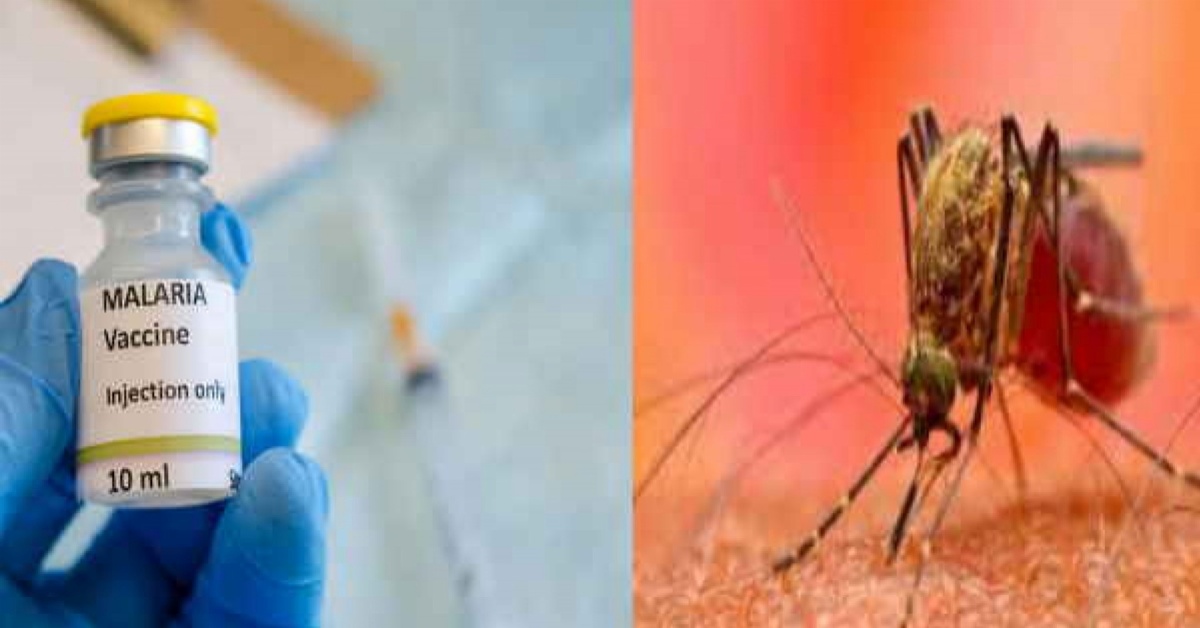To raise awareness of malaria and efforts to prevent and control the disease, World Malaria Day is annually observed on April 25. This year's theme, "Zero Malaria - Draw the Line Against Malaria," emphasizes the need for sustained action and commitment to eliminate the disease. Malaria, caused by the Plasmodium parasite and transmitted by the Anopheles mosquito, is a severe public health concern in sub-Saharan Africa, including Sierra Leone. In 2021, there were 247 million cases of malaria worldwide, resulting in 619,000 deaths, with 96% occurring in Africa. Sierra Leone represented 2% of global malaria cases and 1% of global malaria deaths in 2019. Innovative methods, such as the use of community health workers and the distribution of insecticide-treated bed nets, have been adopted by Sierra Leone to prevent and control malaria. Plans are underway to fly in the R21 malaria vaccine to eliminate malaria by 2025, with children being the priority. Clinical trials of the vaccine, developed by researchers at the University of Oxford's Jenner Institute and the Serum Institute of India, have shown it has an efficacy rate of 77% against Plasmodium falciparum, the most deadly strain of malaria. The vaccine has the potential to reduce malaria incidence, particularly in vulnerable populations like children under five and pregnant women. Other promising developments in the fight against malaria include genetically modified mosquitoes and new antimalarial drugs. These efforts, along with increased prevention and treatment, could significantly decrease the burden of malaria worldwide.
Tags:
Health

